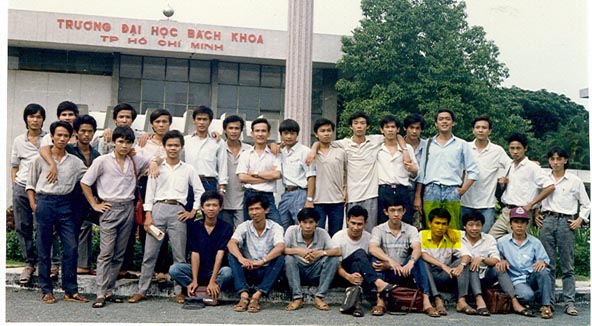In the last century, we witnessed a marvelous development in information systems. Many companies, such as, Xerox, IBM, ... demanded significant changes in their research group. This group now works closely with the product development group, collaborates with universities for fundamental researches, and creates venture capital. The demand for a M.S. degree is summarized as followings:
1) Increased Technical Competence: Given the breath of the most undergraduate curriculums, a Master's degree enables you to more than double your technical knowledge in a field of your interest and presumably your future area of employment.
2) Increased Job Opportunities: Many of the most prestigious engineering firms (who do the most interesting and thus demanding work) only hire students with a Master's degree.
3) Increased Exposure to Ideas and Career Options: In a Master's program you will be exposed to new ideas and have increased interaction with faculty members. This may help you to identify a field to work in that more closely matches your interests and talents.
4) Opportunity to Conduct Research: One of the primary reasons to go to graduate school is to become involved in or familiar with faculty research activities. During your program, you will begin to appreciate that our understanding of our physical environment is still quite limited, and that enormous technical challenges lay ahead of us. You may find this fascinating, become hooked on research, and decide to never leave the academic environment. In evaluating a research experience, keep in mind that there are as many different experiences as there are topics and advisors. If a student is working on a sponsored project, financial compensation is usually available.
Financial Support: Research assistantships are funded from grants that have been awarded to individual or collaborating with faculty members. These grants come from government or private agencies and are usually of one to five years duration. The focus of funded research varies from being quite specific to quite general. The review period for proposals submitted to government agencies usually takes several months. Success rates vary from about 1 in 4 to 1 in 10 depending on the program. Proposals submitted to private agencies usually have a faster turn around time. They often develop from a relationship between a faculty member and the agency, and the project is usually either funded or not without a full competition.
References:
1) Advises for Graduate Students from Dr. Daniel Kuchma, an engineering consultant and Assistant Professor at University of Illinois.
2) Henry Chesbrough. Open Innovation: The Imperative for Creating and Profiting from Technology. HBS 2003.
